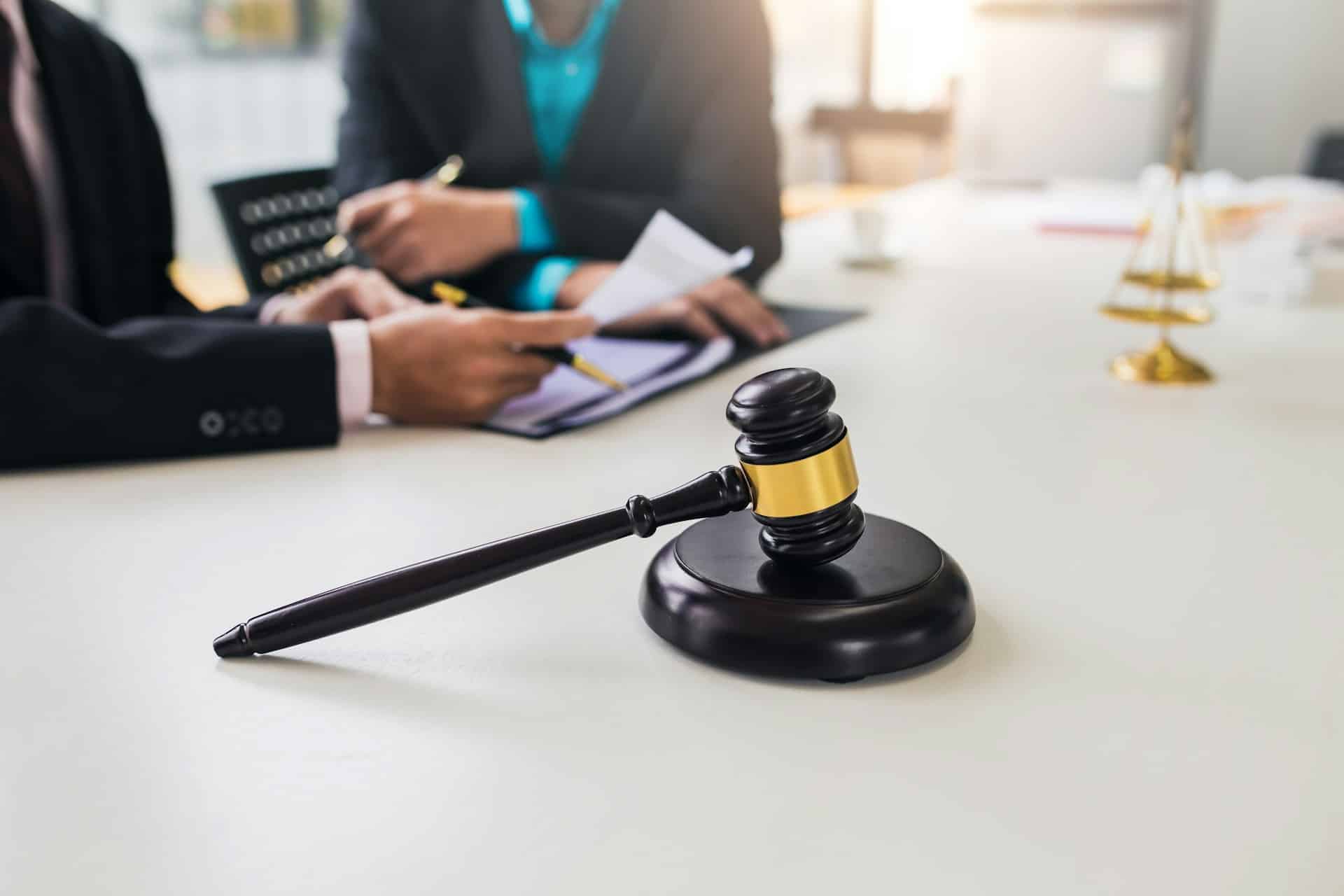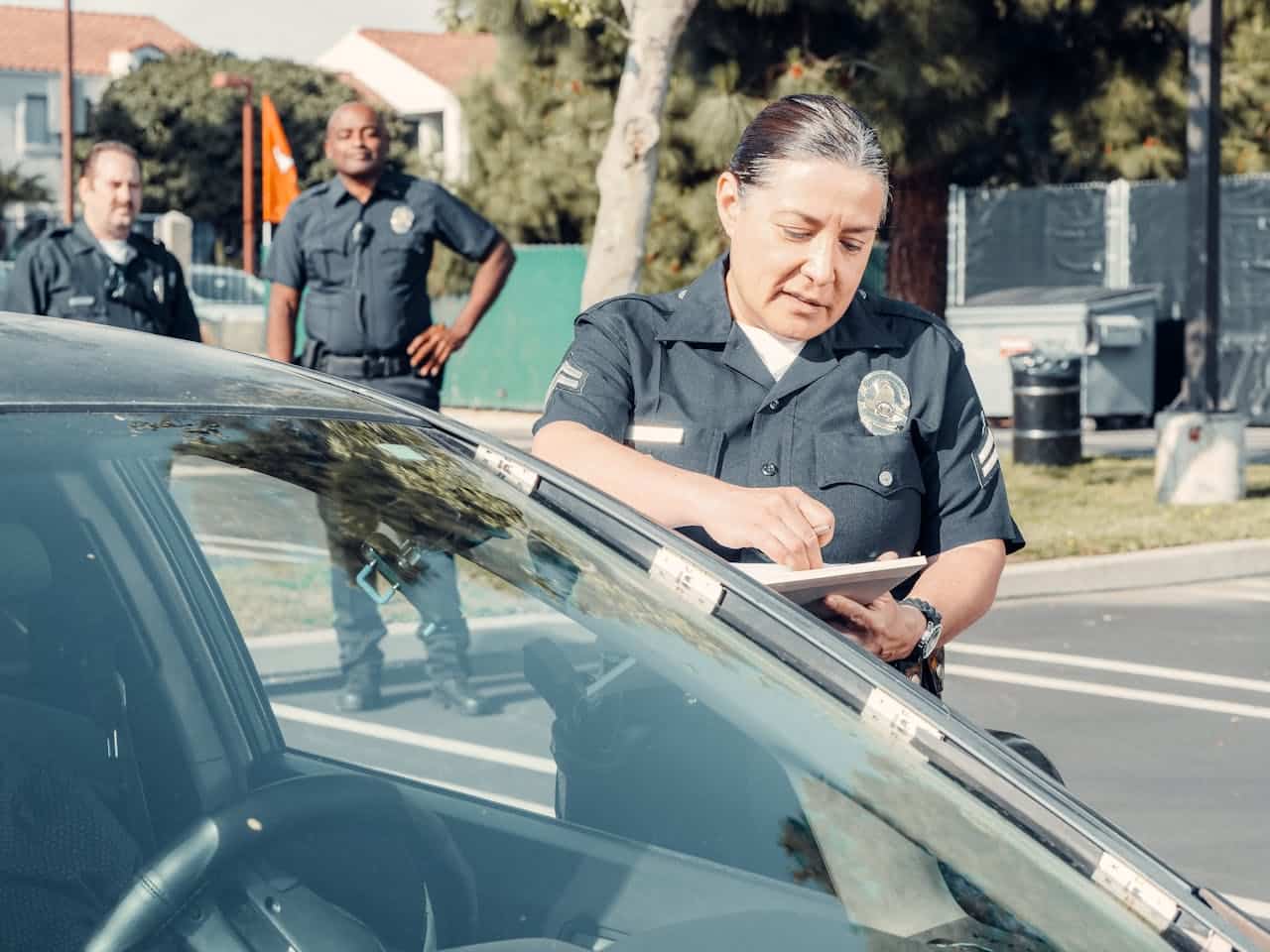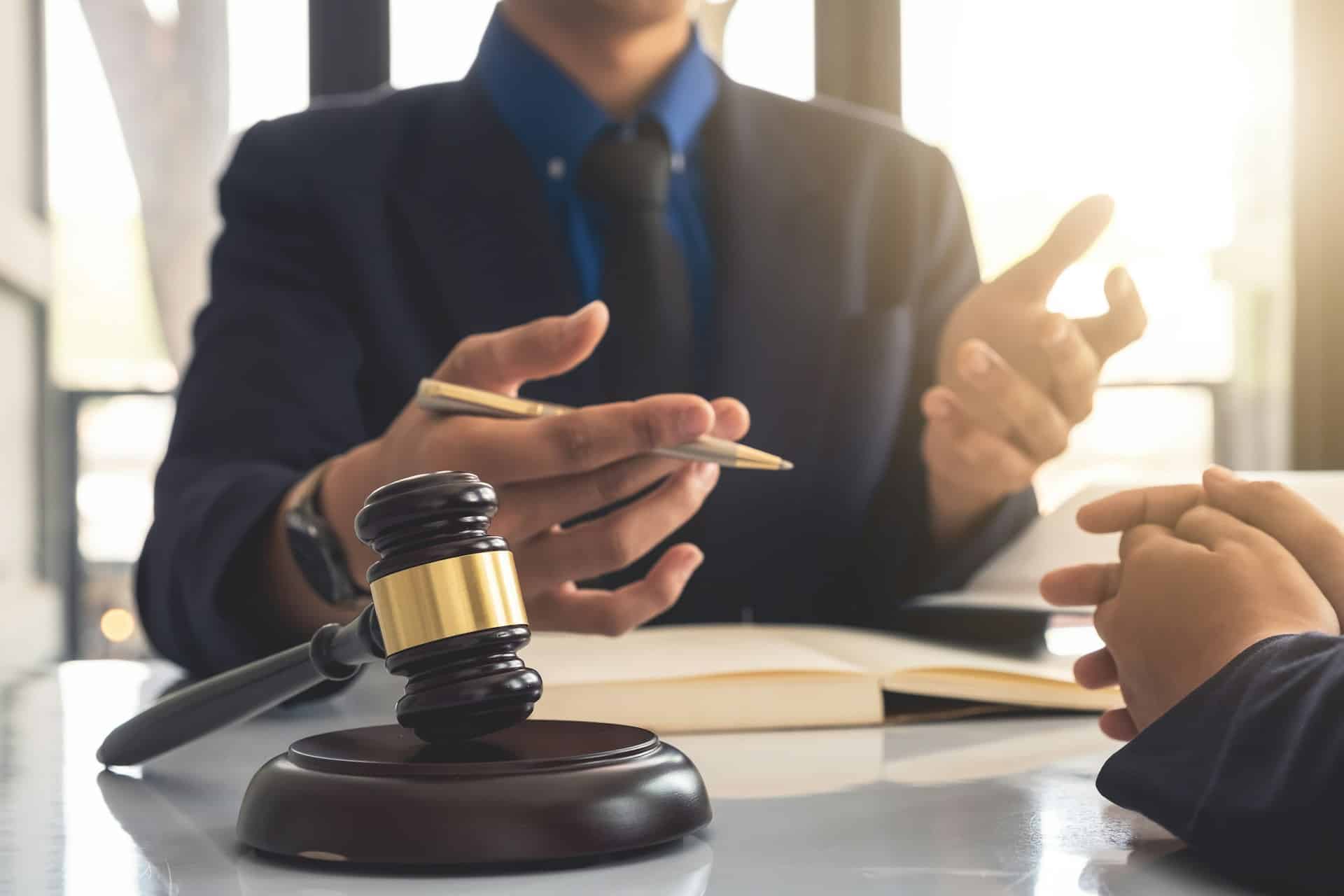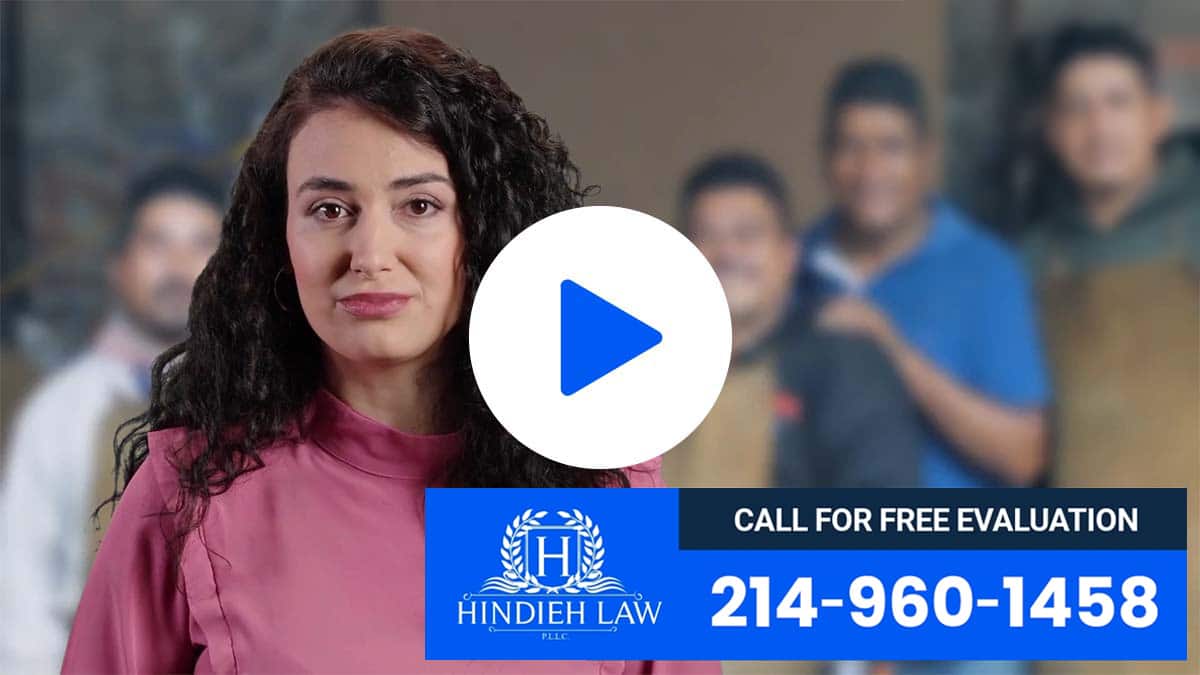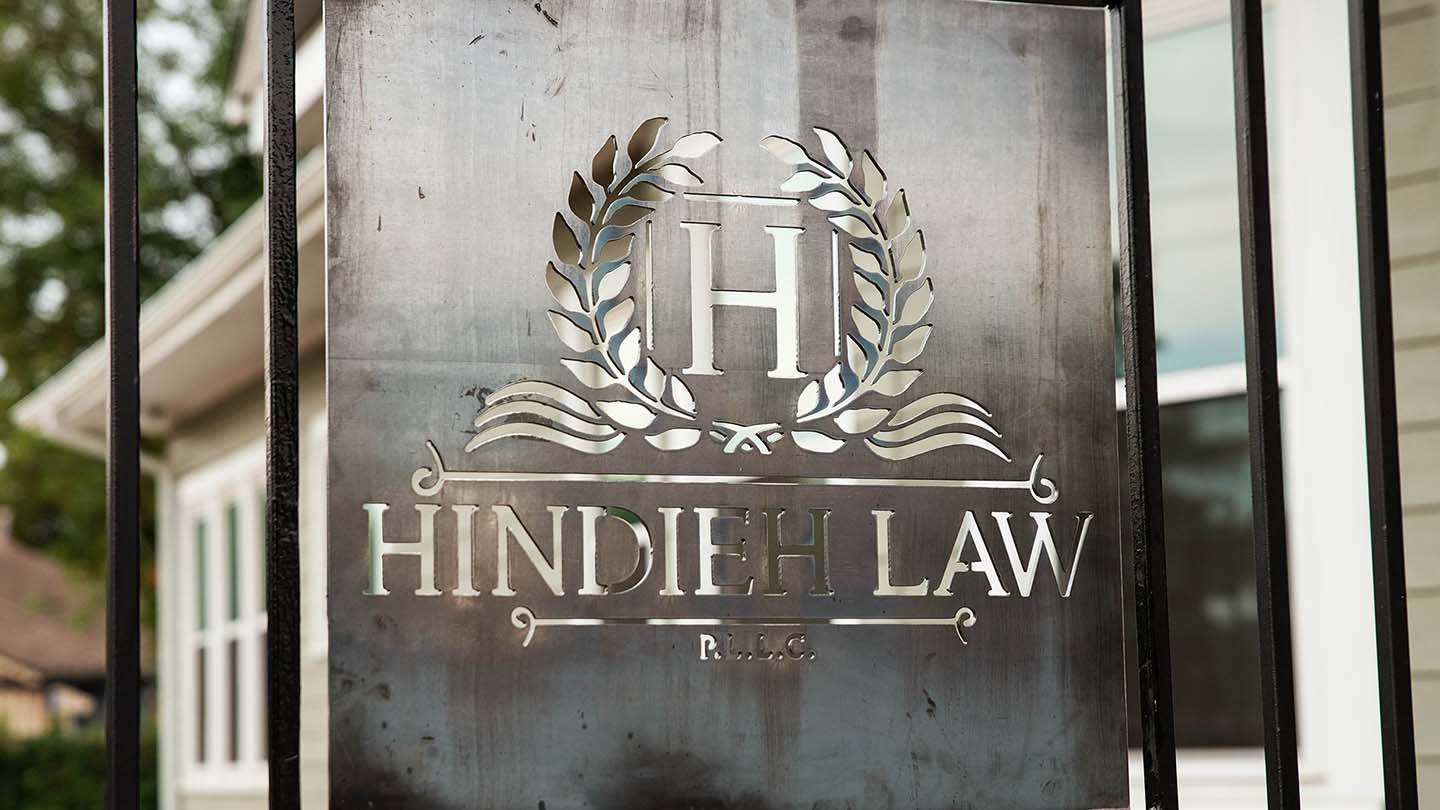From the previous article: How To Choose The Best Criminal Defense Attorney in Dallas, now that you’ve located a skilled criminal defense lawyer who appears to be a good match for you, double-check to make sure you’re not falling into one of the most common pitfalls and that you’re getting exactly what you pay for. Here are a few of the most typical pitfalls to avoid.
If you find yourself in one of these situations, ask yourself if you can live with the repercussions — if you can’t, get another criminal defense lawyer! You’re currently navigating the criminal justice system, a system in which people can be readily exploited in their most desperate moments. Make sure a criminal defense lawyer isn’t taking advantage of you as well!
1. Beware of the Price Quote Over the Phone!
Asking a criminal defense lawyer for a price quote who does not yet know any of the details of your case and who does not know anything about you can cost you more money in the long run.
While there are some types of cases that routinely require a similar amount of work from one client to another, in general, getting an exact quote over the phone will result in a “one size fits all – cookie-cutter” defense. It is important to find a criminal defense lawyer who takes a personal interest in your case and who will custom tailor your defense to fit your specific situation.
Without knowing what your situation is, who you are, or what your expectations might be, how can a criminal defense lawyer adequately estimate the amount of time and work necessary to properly represent you?
Oftentimes, a criminal defense lawyer will have to estimate a worst-case scenario in quoting your fee, which can result in an artificially inflated fee. Also, when requesting a quote over the phone, do you know exactly what that dollar figure will get you? This leads us to our second common trap;
2. Look Out for Hidden Fees!
When a criminal defense lawyer tells you how much his services will cost, how do you know what is included for that fee? Is the fee just to appear for the first court setting and everything over that costs extra?
Criminal cases can easily drag on for over a year. Does the fee include a jury trial or live evidentiary hearings? Do you have to pay extra to prevent a driver’s license suspension or to help get a special driver’s license if yours is suspended because of your criminal case (this is always an issue in a DWI or drug related case)?
In a DWI case, will your criminal defense lawyer handle the Administrative License Revocation (ALR) process with the Department of Public Safety (DPS) or will he or she just represent you in the criminal case? Do you have to pay your criminal defense lawyer extra for each court appearance he or she makes?
Does it cost more for your lawyer to prepare a grand jury or pre-trial intervention presentation? Will you be charged for phone calls or office visits with your lawyer?
Make sure your criminal defense lawyer explains precisely what is, and, more importantly, what is NOT covered by his or her fee. This brings us to the next common trap;
3. Get a Written Contract!
When meeting with a criminal defense lawyer you may want to hire, ask if he or she has a contract that explicitly describes what will, and what will not be included in your representation. It is crucial to make sure to get a copy of your contract!
Without a written contract, you will be at a severe disadvantage if there is a dispute about payments, what representation is included and excluded, and whether or not you can expect additional fees and expenses.
4. Do NOT Choose a Lawyer Based ONLY on Price!
Price will almost always be an issue when hiring a qualified criminal defense lawyer to represent you or a loved one in a criminal matter, but remember: you get what you pay for!
Price should certainly be considered, but not to the exclusion of the qualifications listed above. And remember to make sure you know exactly what that seemingly low fee includes.
Not all criminal defense lawyers are created equal – criminal defense is a field where experience and qualifications matter a great deal! Hiring an inexpensive lawyer who is not capable of properly representing you can cost you significantly more in the long term, and not just financially – you could end up in prison!
If you have to fire your lawyer and hire a new one, don’t expect a refund from the first lawyer, and be prepared for the second lawyer to increase his fee if your case is old and he or she has to work at an expedited rate due to the court’s scheduling or the case being set for trial.
Also, if the first lawyer has communicated things with the prosecutor that may be incompatible with certain defense strategies, your second lawyer will have to work harder to either fix the first lawyer’s mistakes or to work around them completely.
Also, hiring the wrong criminal defense lawyer can result in an unfavorable result that could have otherwise been avoided – and the result can cause you to be ineligible for certain jobs, licenses, housing, government assistance, military service, and can cause other severe financial headaches.
5. Find a Lawyer Who is Available to You!
Is your criminal defense lawyer willing to meet with you in his or her office? Will your lawyer give you his or her cell phone number and email address? Will your lawyer meet with you during off-hours to accommodate your work, school, or a family schedule?
Nobody is capable of being available 24/7, but make sure your criminal defense lawyer maintains a constant line of communication with you and makes himself or herself available to you when you need it.
6. RUN From the Lawyer Who Promises a Specific Outcome!
Unless a criminal defense lawyer has already spoken with the prosecutor and judge handling your case, there is absolutely no guarantee about the outcome!
Even if he or she has spoken with the prosecutor and the judge, circumstances can change that might alter the course of your case – so there is NEVER a guarantee about how your case will be resolved. If you speak with a lawyer who says he will get your case dismissed, ask him or her to put it in writing, signed and notarized, and then watch them try to explain why they cannot or will not. It is dishonest, unethical, immoral, and possible grounds for disbarment for a lawyer to promise a specific outcome on your case, so RUN from any criminal defense lawyer who engages in this type of behavior!
7. Which Lawyer Will Actually Be Handling Your Case?
If you find a criminal defense lawyer who meets all of your hiring criteria, make sure that the lawyer you hired, or another lawyer you approve of, is the lawyer who will be handling your case. Beware of the old “bait-and-switch” where you work hard to find the right lawyer only to have an associate or another lawyer handling the bulk of your case.
This is not necessarily an indication that your case is being handled improperly, but you have worked hard to choose a specific criminal defense lawyer for a list of reasons and you deserve to get what you pay for. Do not let another criminal defense lawyer work on your case unless you are comfortable with that lawyer and approve of his or her involvement.
Now, it is not uncommon, nor is it problematic, for a lawyer to have someone else assist him or her from time to time, such as appear in court to reschedule your case when your lawyer is on trial, on vacation, or otherwise unavailable – just make sure your lawyer communicates this with you beforehand so you’re not surprised or upset when it happens.
8. Don’t Feel Pressured to Hire Immediately!
If you are currently being investigated by law enforcement, work quickly to hire the right criminal defense lawyer. In almost all other circumstances, it’s better to take your time and choose the right lawyer rather than rushing to hire the wrong one.
There are certain circumstances where having a criminal defense lawyer immediately could be crucial. When speaking with lawyers you might want to hire, ask if this applies to you and ask for an explanation as to why this applies to you. If you are comfortable with the explanation and with the lawyer, move forward; if not, proceed with caution.
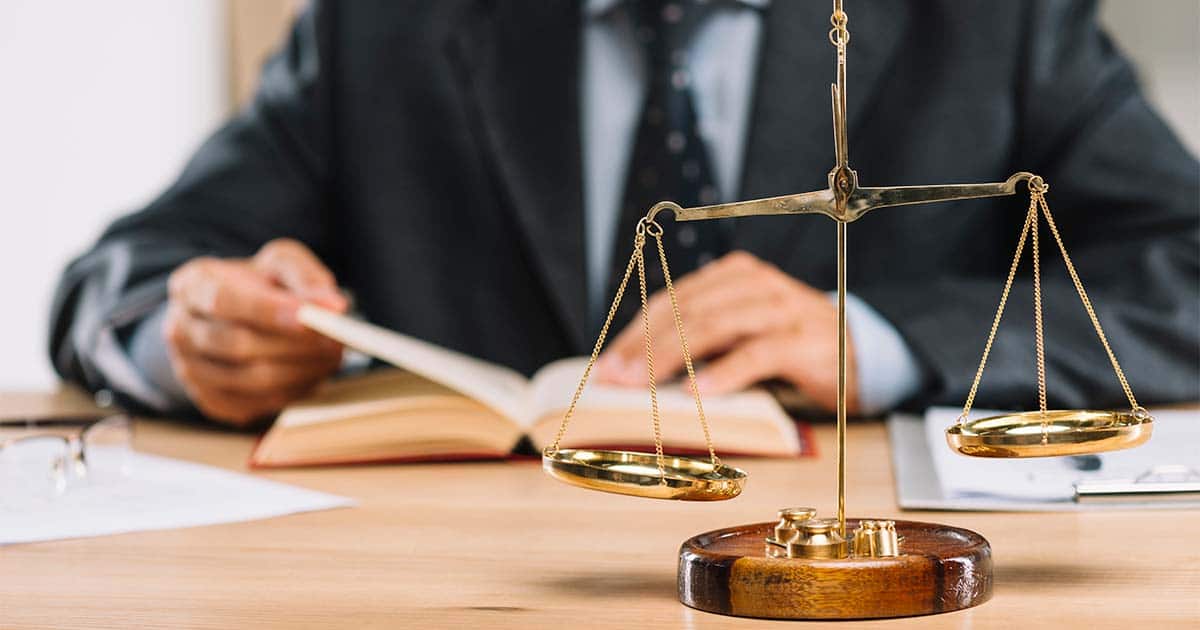
Bonus: Even Some Qualified Criminal Defense Lawyers Might Not Consider These!
Lawyer jokes aside, not all lawyers are trying to take advantage of you. While it’s true that some may be, others may just not be up to date on some of the intricacies of the law. Be aware that there are some unique issues in criminal law that can have life-long implications and consequences that you may not anticipate. Make sure that whomever you hire is able to address the potential collateral consequences of certain outcomes.
1. Deferred Adjudication
Most people believe that if they accept a plea bargain for deferred adjudication probation, their case will be dismissed, sealed, and off their record.
This is partially true, but the details are what matter. First, if you successfully complete a deferred adjudication probation, you need to know if your case is one of the many types that are ineligible for non-disclosure (a type of sealing your record), such as assault on a family member or certain crimes against children.
If you fall into one of these categories, a completed deferred adjudication will mean that technically there is no “conviction” on your record, but background checks will still reveal your probation to whoever searches.
Second, even if you are eligible for an order of non-disclosure, you must file paperwork, pay fees, and have a hearing to receive the order “sealing” your record.
And third, even if you successfully receive an order of non-disclosure, this does not wipe your record clean. Certain state licensing agencies and all law enforcement will always know about your probation even if the general public cannot.
This means that if you want to be a barber, lawyer, nurse, doctor, police officer, or one of a long list of other professions that require a state license, the licensing board will be aware of your probation. In addition, even if you successfully complete deferred adjudication probation for domestic violence charges (technically no conviction), the State of Texas can still use this probation against you in a number of ways.
The two most common include:
- denying you the right to possess or own a firearm or ammunition; and
- using the probation to automatically enhance any future domestic violence charges against you into felonies.
- Pre-Trial Intervention / Pre-Trial Diversion
In Texas, Pre-Trial Intervention (PTI) and Pre-Trial Diversion (PTD) can generally be used interchangeably to describe the same thing: a contractual agreement between the accused and the prosecutor wherein the accused will perform certain duties and stay out of trouble in exchange for a dismissal.
Unlike a deferred adjudication, this type of “informal probation” results in a dismissal that can often result in an expunction, which is what people commonly think of when talking about sealing their record.
There are 2 things to be aware of if applying for a PTI/PTD. The first is potential immigration consequences: admitting in writing to certain acts, which is almost always a requirement to apply for PTI/PTD, can cause severe immigration consequences including deportation if you are not a citizen.
The second issue to be aware of is how the application process can cause you to give up certain rights (such as your right to a trial) and may cause you to be forced into a plea bargain if you are not accepted into the program.
2. “Time Served”
“Time Served” describes a situation wherein someone is convicted of a crime and sentenced to a number of days in jail; however, those days are equal to the number of days that the accused has already spent in jail. In effect, the accused does not have to go back to jail and the case is over.
With a “time served” plea bargain, there are multiple consequences to be aware of, especially in marijuana/drug offenses, DWI, domestic violence, theft/shoplifting and other common charges:
- “Time Served” means you have a conviction on your record forever. It CANNOT be sealed.
- Even with a “time served” sentence, you may have to pay court costs and other fees. Failure to do so can result in you spending additional time in jail.
- Certain types of convictions can make you ineligible for government assistance (welfare).
- Certain types of convictions can make you ineligible for student financial aid.
- Certain types of convictions can cause you to lose a college scholarship.
- Certain types of convictions can make you ineligible for military service.
- Certain types of convictions will result in a suspension of your driver’s license. Driving with a suspended license can then result in additional criminal charges that result in spending time in jail!
- All convictions can be used to enhance the punishment range of future misdemeanor cases, meaning future charges would have you spend a minimum of 30 or 90 days in jail!
- Certain types of convictions can result in drastically upgraded felony charges in the future: your 3rd theft or DWI charge is a felony, your second domestic violence or evading arrest charge is a felony, and multiple prostitution or burglary of a motor vehicle charges can result in an upgrade to a felony.
You now possess all of the tools necessary to hire a qualified criminal defense lawyer that will best suit your needs. Be thorough and refer back to this guide if needed.

Consider Ray To Be Your Criminal Defense Lawyer
Your Hispanic & Latino Criminal Defense Lawyer: Ray Hindieh 214-Release (214.960.1458)
Our Dallas criminal defense lawyer – Ray Hindieh at 214 Release: Hindieh Law – and his skilled legal team represent individuals accused of committing crimes. For over years, the attorney at Hindieh Law has successfully defended clients in Texas and Federal courts in all types of criminal matters at all phases, from state misdemeanors to complex federal matters. Often, he has favorably resolved criminal cases quickly and quietly, without the need for trial. See Hindieh Law testimonials.
Call us at 214-Release (214.960.1458) for a free confidential consultation today.
IF YOU ARE IN OR NEAR THE DALLAS AREA, CONTACT HINDIEH LAW NOW FOR A FREE PERSONALIZED CRIMINAL DEFENSE PLANNING SESSION!

